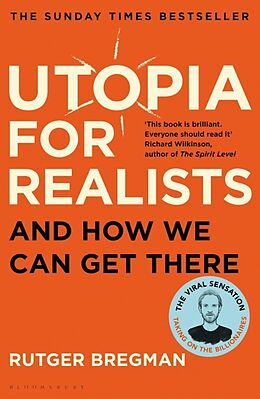
But in the first chapters of the book, I go over all the evidence of sociology that we have – and it's quite a lot. And that we really become quite horrible versions of ourselves. We often assume that during times of crises, the veneer that we call civilization cracks and that people reveal their true selves. You know, I think it's actually exactly the right time.

On whether this is a good – or bad – time to make his argument "If we can actually trust each other, if we do have the courage to move to a more realistic, hopeful view of human nature, then we can move to a very different kind of society as well - and build very different kinds of schools and democracies and workplaces," Bregman tells NPR. Rutger Bregman begins his new book Humankind: A Hopeful History with what he calls this "radical idea" that most people deep down are pretty decent.īregman is a historian and writer for The Correspondent in the Netherlands and author of the previous bestseller Utopia for Realists.

Your purchase helps support NPR programming. Close overlay Buy Featured Book Title Humankind Subtitle A Hopeful History Author Rutger Bregman, Elizabeth Manton, et al


 0 kommentar(er)
0 kommentar(er)
